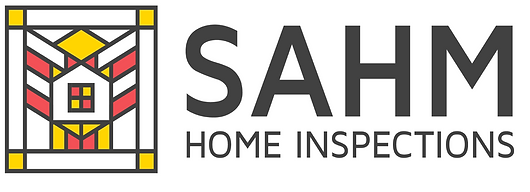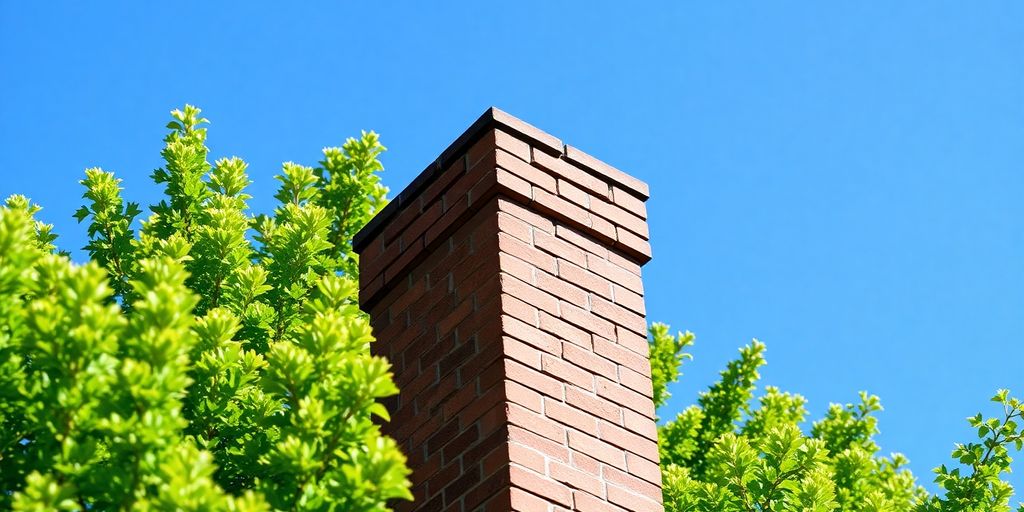As summer rolls in, it’s a good time to check on your chimney. You might not think about it much during the warmer months, but a thorough inspection can save you from bigger problems down the line. This article will guide you through why chimney inspections are important, what to expect during the process, and how to choose the right chimney inspection services.
Key Takeaways
-
Regular chimney inspections help prevent fires and keep your home safe.
-
A typical inspection looks for damage and other issues that might need fixing.
-
When picking chimney inspection services, check their credentials and what they provide.
Importance Of Regular Chimney Inspections
We often overlook chimney maintenance, especially during the summer months when our fireplaces are out of sight and out of mind. However, scheduling regular chimney inspections is super important for several reasons. Think of it like this: your chimney works hard all winter, and a little check-up can prevent big problems down the road. It’s not just about keeping things clean; it’s about safety and saving money.
Preventing Fire Hazards
One of the biggest reasons to get your chimney inspected regularly is to prevent fire hazards. Creosote, a byproduct of burning wood, builds up inside the chimney over time. This stuff is highly flammable, and if enough of it accumulates, a chimney fire can start. These fires can spread quickly to the rest of your house, causing serious damage or even worse. Regular inspections help identify and remove creosote buildup, reducing the risk of a fire. We’ve seen firsthand how a simple cleaning can prevent a disaster. It’s a small price to pay for peace of mind.
Enhancing Home Safety
Here are some other things that can happen:
-
Cracks in the chimney structure can weaken it, potentially leading to collapse.
-
Blockages from debris, like bird nests or leaves, can cause smoke to back up into your house.
-
Water damage can occur if the chimney isn’t properly sealed, leading to mold and structural issues.
We always tell our clients that a chimney inspection is like a health checkup for their home. It helps catch small problems before they turn into big, expensive ones. Plus, it keeps everyone safe and sound.
By addressing these issues early, we can help keep your home safe and sound.
What To Expect During A Chimney Inspection
Comprehensive Assessment
First off, expect a thorough look at everything. We’re talking about a top-to-bottom examination of your entire chimney system. This includes the chimney itself (both inside and out), the flue, the smoke chamber, and the firebox. We’re checking for cracks, damage, blockages, and anything else that might cause problems. It’s kind of like a physical for your chimney, making sure everything is in working order. We use specialized tools, like cameras, to get a good view of the inside of the chimney, even the parts you can’t see from the ground.
Identifying Potential Issues
Next, we’re on the lookout for potential problems. This could be anything from a buildup of creosote (that nasty, flammable stuff that can cause chimney fires) to cracks in the flue liner. We’re also checking for signs of water damage, which can weaken the chimney structure over time. If we find anything, we’ll explain the issue to you clearly and discuss the best way to fix it. We’ll give you a detailed report outlining our findings and recommendations. It’s all about catching small problems before they turn into big, expensive ones.
Think of it this way: a chimney inspection is like preventative maintenance for your home. It helps you avoid costly repairs and keeps your family safe. It’s a small investment that can pay off big time in the long run.
Here’s a quick rundown of what we typically check:
-
Chimney cap condition
-
Flue liner integrity
-
Smoke chamber condition
-
Firebox condition
-
Creosote buildup
-
Water damage
-
Structural stability
Choosing The Right Chimney Inspection Services
Evaluating Credentials
When it comes to chimney inspections, you don’t want just anyone poking around. It’s important to check the credentials of the people you’re thinking of hiring. Certifications matter. Look for inspectors certified by organizations like the Chimney Safety Institute of America (CSIA). These certifications mean they’ve gone through training and testing to prove they know what they’re doing.
Also, don’t be shy about asking for references. A reputable company should be able to provide you with names and numbers of past customers who can vouch for their work. It’s a good way to get a feel for their professionalism and the quality of their inspections. Make sure they are insured.
Understanding Service Offerings
Not all chimney inspection services are created equal. Some companies might just do a quick once-over, while others offer a more thorough examination. It’s important to understand what’s included in the service before you commit. Here’s what to consider:
-
Level 1 Inspection: This is a basic visual inspection, suitable if your chimney is in good condition and you use it regularly.
-
Level 2 Inspection: This is more detailed, including a video scan of the inside of the chimney. It’s recommended if you’ve had a chimney fire, made changes to your heating system, or are buying or selling a property.
-
Level 3 Inspection: This is the most in-depth inspection, potentially involving removing parts of the chimney to access hidden areas. It’s only necessary if significant problems are suspected.
We always ask about the tools and techniques they use. Do they use cameras to inspect the flue? Do they have the equipment to check for blockages or damage? The more information you have, the better you can assess whether they’re the right fit for your needs.
It’s also a good idea to get a written report after the inspection. This report should detail any problems found, along with recommendations for repairs or maintenance. This document can be super helpful for planning future work and keeping your chimney in tip-top shape.
Wrapping It Up: Keep Your Chimney Safe This Summer
So, there you have it. Getting your chimney checked out before summer hits is a smart move. You don’t want to wait until the first chilly night to find out there’s a problem. A good inspection can catch issues early, saving you from bigger headaches later. Plus, it keeps your home safe and sound. So, grab that checklist, find a pro, and make sure your chimney is ready for the warmer months. Trust me, you’ll be glad you did when fall rolls around!
Frequently Asked Questions
Why are regular chimney inspections necessary?
Regular chimney inspections are important because they help stop fires from starting. A clean and safe chimney keeps your home and family protected.
What happens during a chimney inspection?
During a chimney inspection, a professional will look closely at your chimney to check for any problems. They will make sure everything is working well and that there are no blockages.
How do I choose a good chimney inspection service?
To find a good chimney inspection service, check their experience and qualifications. Look for reviews from other customers and ask what services they provide to make sure they meet your needs.

